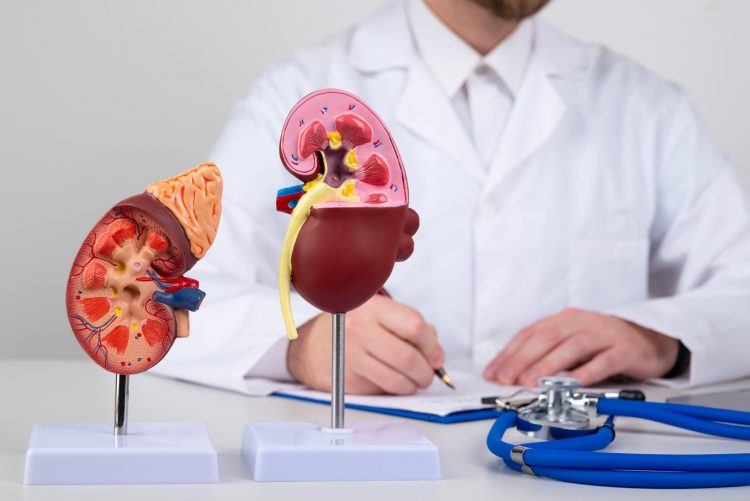Chronic kidney disease (CKD), a condition often silent in its early stages, is a growing concern in modern lifestyles. Affecting approximately 10% of the global population, CKD is characterized by a gradual loss of kidney function over time. This article aims to shed light on the causes, symptoms, and management of CKD, emphasizing the importance of early detection and lifestyle adjustments to manage the disease.
The Silent Progression of CKD
Kidney disease often goes unnoticed until it reaches advanced stages, mainly because early symptoms can be subtle or non-existent. The kidneys, vital organs responsible for filtering waste from the blood and regulating fluid levels, begin to lose their efficiency in CKD. Common causes include diabetes, high blood pressure, and chronic glomerulonephritis. Genetic factors and lifestyle choices, such as smoking and obesity, also play a significant role.
Identifying CKD: Symptoms and Diagnosis
The symptoms of CKD are often mistaken for other conditions, making early diagnosis challenging. They include fatigue, swollen ankles or feet, shortness of breath, and changes in urination patterns. Blood and urine tests are crucial for diagnosis, revealing decreased kidney function and the presence of protein or blood in the urine.
Managing CKD: A Lifestyle Approach
While there’s no cure for CKD, its progression can be slowed with appropriate management, primarily focusing on underlying conditions like diabetes or hypertension. Lifestyle modifications are pivotal in managing CKD:
1. Dietary Changes: A kidney-friendly diet involves limiting salt, potassium, and phosphorus intake. It’s advisable to consult a dietitian for a personalized meal plan.
2. Regular Exercise: Physical activity helps control blood pressure and manage body weight, key factors in CKD management.
3. Avoiding Harmful Substances: Smoking and excessive alcohol consumption can exacerbate kidney damage. It’s recommended to quit smoking and limit alcohol.
4. Monitoring Health Regularly: Regular check-ups are essential for tracking kidney function and managing related conditions.
Mental Health and Support
Living with CKD can be challenging, not just physically but also emotionally. Mental health support, whether through counseling, support groups, or stress management techniques like meditation, can be beneficial.
The Role of Medication
Medications may be prescribed to manage symptoms and slow progression, such as blood pressure medications, cholesterol-lowering drugs, and treatments for anemia.
CKD and Holistic Health
CKD serves as a reminder of the interconnectedness of our body systems and the impact of our lifestyle choices on overall health. Adopting a holistic approach to health, encompassing diet, exercise, mental well-being, and regular medical care, is crucial for individuals with CKD.
Innovations in CKD Treatment and Care
Recent advancements in medicine have brought new hope for CKD patients. Innovations in treatment, including more effective medications and breakthroughs in dialysis technology, offer improved quality of life. Research is also exploring the potential of stem cells and kidney transplants. Embracing these medical advancements, combined with traditional care, can significantly improve outcomes for those living with CKD.
The Power of Prevention: Reducing CKD Risk
Prevention plays a crucial role in addressing the CKD epidemic. Regular screening, especially for those with risk factors like diabetes and hypertension, is key. Lifestyle choices such as a balanced diet, regular exercise, and smoking cessation can greatly reduce the risk of developing CKD. Public awareness campaigns and education about these preventive measures are essential in curbing the rise of CKD globally.
Conclusion
Chronic kidney disease, while a serious medical condition, can be managed effectively with early detection and appropriate lifestyle modifications. It highlights the importance of regular health screenings and a proactive approach to health. By understanding and responding to the needs of our bodies, we can lead fulfilling lives, even with conditions like CKD.









